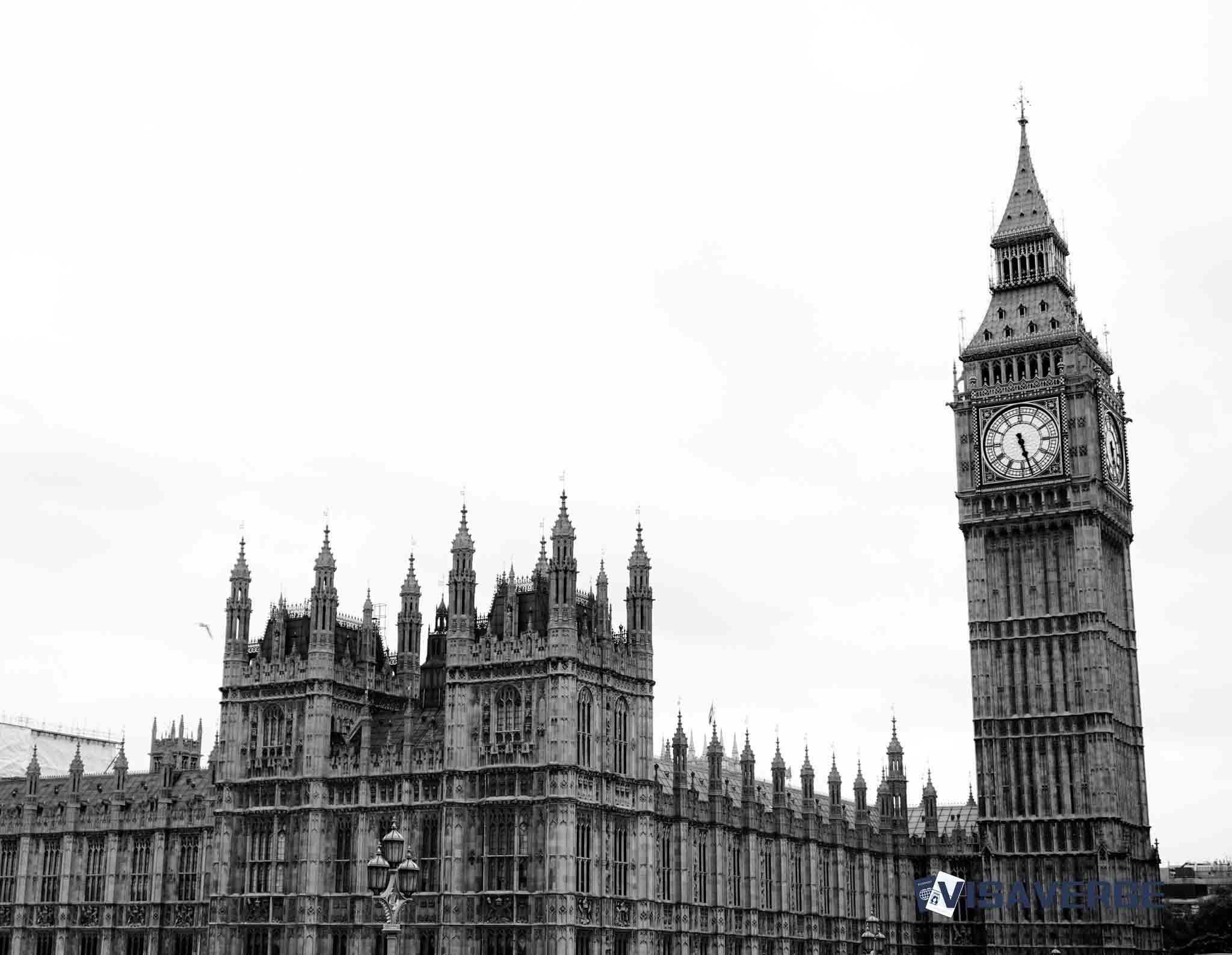The UK government has vowed to push ahead with wide‑ranging asylum reforms that ministers describe as the most far‑reaching in modern times, even as Labour backbench MPs voice sharp opposition and rights groups warn of harsh effects on refugees. Announced on 17 November 2025 by Home Secretary Shabana Mahmood, the package of measures is designed, in the government’s own terms, to make the country less attractive to people seeking asylum, marking a clear hardening of policy after years of heated debate over arrivals and backlogs in the system.
Core changes proposed

The government’s package contains several major, interlinked changes intended to shorten delays and deter arrivals. The key elements are:
- Extension of the settlement period for refugees from 5 to 20 years.
- Introduction of a single appeal route handled by a new independent appeals body.
- Tightening of human rights and protection claims, including limits on Article 8, and restrictions on claims based on torture and modern slavery.
- Prioritisation of removals for families with children whose claims have been refused.
What the settlement change means
- Refugees arriving under overhauled resettlement routes would be put first on a ten‑year route to settlement.
- Ministers say the overall result will be to quadruple the waiting period before most refugees can gain full settlement rights (from 5 to 20 years).
- In practice, people recognised as refugees may spend far longer with temporary status, affecting their ability to:
- sponsor family members;
- establish stable careers and education paths;
- put down permanent roots.
Appeals overhaul
- The current patchwork of routes would be replaced by a single appeal route.
- Appeals would be handled by a new independent appeals body, described by ministers as a tribunal‑style organisation staffed by professionally trained adjudicators.
- The new body would hear “all relevant matters in one hearing,” bringing together issues now split across stages.
- If an appeal fails, the appellant would be required to leave the UK.
- There would be fast‑tracked treatment for appeals judged to have low merit or to be brought mainly to frustrate removal.
According to analysis by VisaVerge.com, the move towards a single, centralised appeals track marks one of the most far‑reaching structural shifts in the system and will be a key test of whether the process feels fair and efficient for people caught up in it.
Human rights and vulnerable groups
The reforms touch on sensitive protections and have provoked particular concern among rights groups and legal professionals:
- Ministers propose to prioritise the removal of families with children whose claims have been refused, a step critics say risks exposing young people to harm and instability.
- Article 8 (the right to respect for private and family life under the European Convention on Human Rights) would be limited so it applies only in the most exceptional circumstances in immigration cases.
- Claims based on torture and modern slavery would be restricted, with the government arguing such protections are sometimes misused to delay removal.
- Campaigners warn these limits could exclude genuine survivors who struggle to produce evidence.
Political reaction
The announcement has provoked an immediate and intense political clash.
Labour backbench criticism
- Many Labour backbench MPs, expecting a more liberal shift, have criticised the plans.
- They call the changes “pandering to fear” and argue that a 20‑year settlement period risks creating a permanent second‑class group with long‑term uncertainty.
- Some MPs warn that a single appeal route could weaken scrutiny unless it is backed by proper legal aid and clear safeguards.
- Home Secretary Mahmood has insisted the reforms are coherent and will not be watered down.
Government defence and framing
- Borders Minister Peter Cardwell urged caution, telling the House of Commons to “look closely” at the details and wait for the full announcement before judging the package.
- Mahmood highlighted that 400,000 people have sought asylum in the UK in the last four years, a figure she says has placed a “burden” on systems and made change unavoidable.
- Supporters argue a tougher stance, including a longer path to settlement, will deter misuse of the asylum route and reduce pressures on housing, public services, and legal budgets.
Conservative support
- Conservative leader Kemi Badenoch has backed the general direction, saying ministers are moving “in the right direction”, while noting the party favours an even more wide‑ranging borders plan.
- Conservative support suggests the reforms are consistent with long‑standing calls to tighten removal processes, though some on the right hint at even stricter future measures (including more radical external processing ideas).
Views from charities, lawyers and communities
- Refugee charities, legal professionals, and community groups are watching closely while details remain incomplete.
- They warn that quadrupling the wait for secure status could trap people in limbo, affecting:
- jobs and career prospects;
- mental health and wellbeing;
- children’s schooling and stability.
- Lawyers caution that fast‑tracking low‑merit appeals risks catching complex cases where trauma, language barriers, or poor initial advice conceal strong protection grounds.
- Critics say the true test will be whether people feel heard and have enough time and support to explain their situations, not just how quickly cases are closed.
Impact on refugees and families
- Refugees already in the UK are reacting with anxiety and confusion.
- Many who expected a five‑year wait before rebuilding their lives now fear a 20‑year horizon could leave them on temporary status for most of their adult lives.
- Families with children fear being singled out for removal if claims fail, particularly with Article 8 protections narrowed to “exceptional” cases.
- Volunteers and community groups report receiving questions they cannot yet answer, since the Home Office has not published operational guidance or clear transition rules clarifying:
- who will fall under the new settlement period and appeal structure;
- from which date the changes would apply.
Next steps and where to find official guidance
- The policy now moves from speeches to legislation and detailed rules, a phase likely to test party discipline again.
- Backbench Labour critics are considering whether to rebel at final votes if the core package remains intact, while the government hopes for support from Conservatives and some smaller parties.
- As parliamentary debate continues, people affected by the system are left trying to understand practical effects.
Official information on existing asylum procedures is available on the UK government’s website, including guidance on how to claim asylum in the UK, but that material has not yet been updated to reflect the proposed overhaul.
The gap between the tough language of the announcement and the lived experience of people waiting in hostels, hotels, or temporary homes underlines how high the stakes are as Parliament decides whether this ambitious, contentious reshaping of the UK’s asylum and settlement rules will become law.
This Article in a Nutshell
The UK government announced sweeping asylum reforms on 17 November 2025, led by Home Secretary Shabana Mahmood. Key proposals include lengthening the settlement period from five to twenty years, creating a single independent appeals body with removal required after failed appeals, tightening Article 8 and claims related to torture and modern slavery, and prioritising removals of families with children. Critics warn of increased hardship and legal challenges. The measures now head to legislation; operational guidance and transition rules remain pending.













